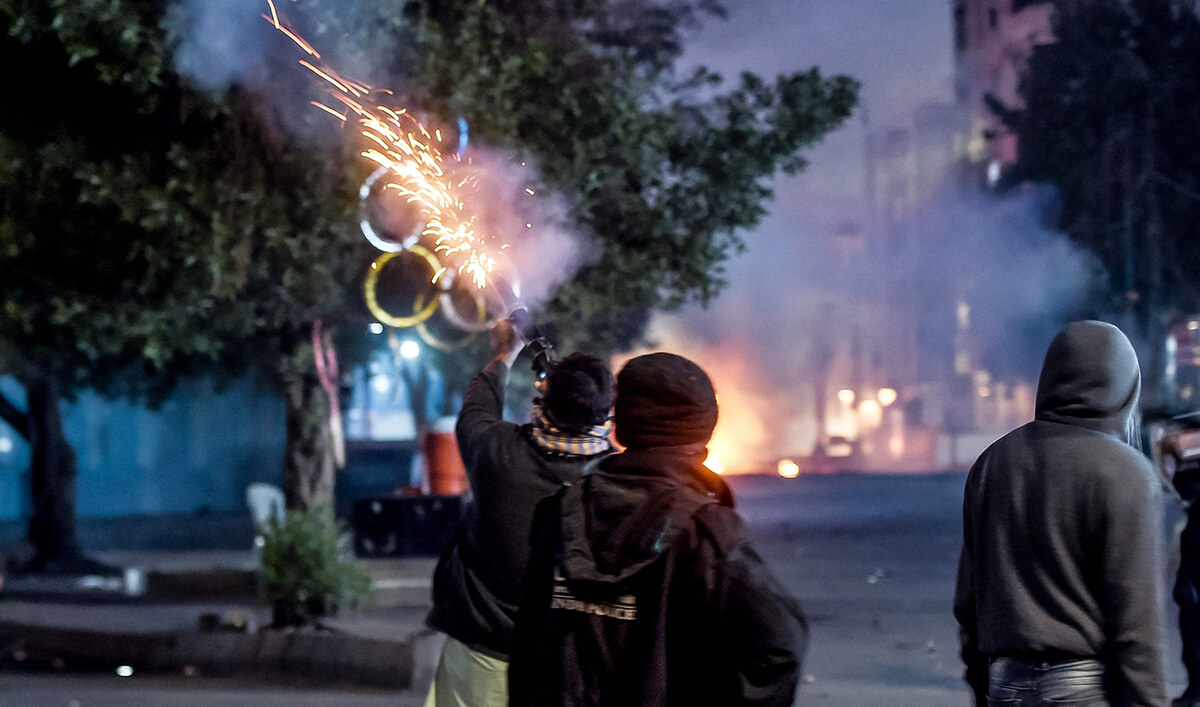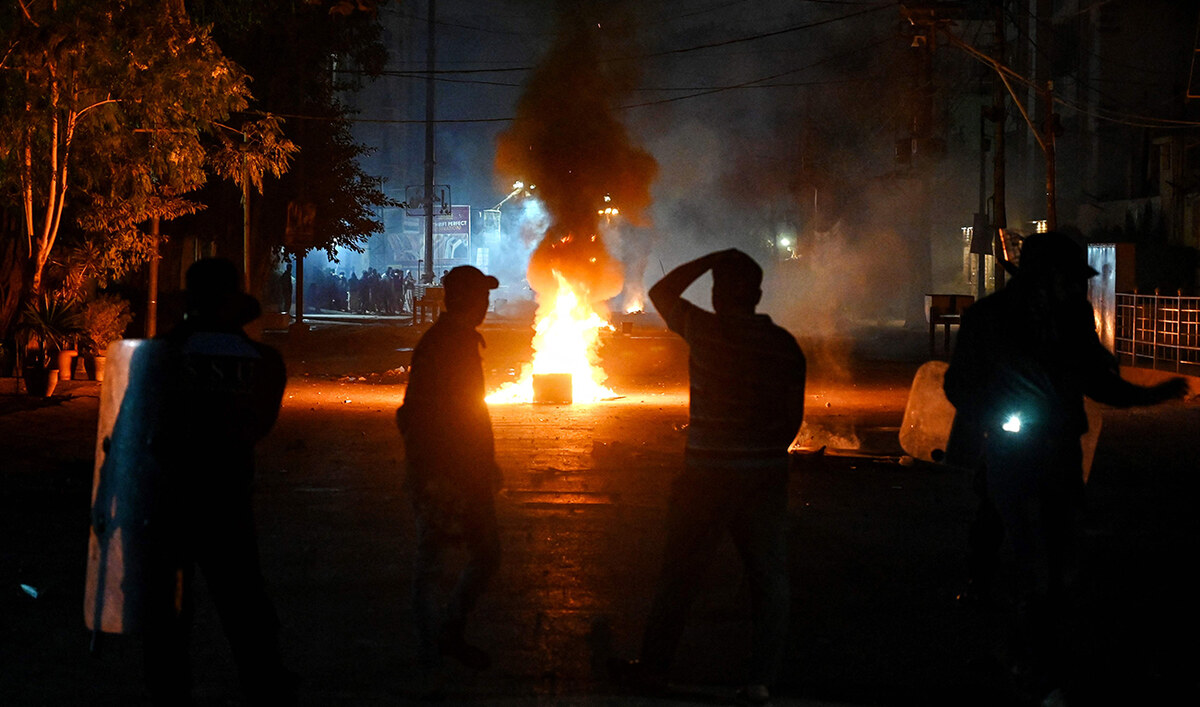ISLAMABAD: Pakistan has conducted coordinated military strikes against “terrorist hideouts” in Iran’s Sistan-Baluchistan province, the Pakistani foreign ministry said on Thursday, amid mounting tensions between the two countries.
Tensions between Pakistan and Iran soared after Tehran conducted an airstrike in Pakistan’s southwest on Tuesday that it said targeted alleged militant bases.
Pakistan said the Iranian strike killed two children and injured three women in a border village, with Islamabad recalling its ambassador to Tehran.
On Thursday, Mumtaz Zahra Baloch, a spokesperson for the Pakistani foreign ministry, confirmed the strikes in Iran’s Sistan-Baluchistan were part of an “intelligence-based operation” by the Pakistani military.
“This morning Pakistan undertook a series of highly coordinated and specifically targeted precision military strikes against terrorist hideouts in Siestan-o-Baluchistan province of Iran,” Baloch said in a statement on Thursday.
“A number of terrorists were killed during the Intelligence-based operation – codenamed ‘Marg Bar Sarmachar’.”
The operation codename translates to “death to the guerrilla fighters.” Baloch separatist groups in Pakistan’s insurgency-ridden Balochistan province often use the term, sarmachar, to describe their fighters.
Pakistan has long accused the neighboring Afghanistan and Iran of providing sanctuaries to Baloch insurgents and other militants who carry out attacks in Pakistan.
Several people were wounded Thursday in Iran as explosions were heard in the restive southeastern region, Iranian media reported.
“An explosion was heard, followed by a drone and missile attack on the city of Saravan in the southeastern province of Sistan-Baluchistan, leading to injury of several people,” according to Iran’s Mehr news agency.
Baloch said Pakistan had consistently shared serious concerns about the “safe havens and sanctuaries enjoyed by Pakistani origin terrorists,” calling themselves sarmachars, on the ungoverned spaces inside Iran.
Islamabad shared multiple dossiers with “concrete evidence of the presence and activities of these terrorists” in its engagements with Iran, according to her.
“However, because of lack of action on our serious concerns, these so-called Sarmachars continued to spill the blood of innocent Pakistanis with impunity,” the foreign ministry spokesperson said.
“This morning’s action was taken in light of credible intelligence of impending large scale terrorist activities by these so called Sarmachars.”
She described the Pakistani strikes as a manifestation of the country’s “unflinching resolve to protect and defend its national security against all threats.”
“The successful execution of this highly complex operation is also a testimony to the professionalism of the Pakistan Armed Forces. Pakistan will continue to take all necessary steps to preserve the safety and security of its people which is sacrosanct, inviolable and sacred,” Baloch said.
“Pakistan fully respects the sovereignty and territorial integrity of the Islamic Republic of Iran. The sole objective of today’s act was in pursuit of Pakistan’s own security and national interest which is paramount and cannot be compromised.”
As a responsible member of the international community, she noted, Pakistan upheld the principles and purposes of the United Nations (UN) Charter, including territorial integrity and sovereignty of member states.
“Guided by these principles, and in exercise of our legitimate rights within international law, Pakistan will never allow its sovereignty and territorial integrity to be challenged, under any pretext or circumstances,” Baloch said.
“Iran is a brotherly country and the people of Pakistan have great respect and affection for the Iranian people. We have always emphasized dialogue and cooperation in confronting common challenges, including the menace of terrorism and will continue to endeavor to find joint solutions.”
Tuesday’s Iranian missile and drone attack targeted the Jaish Al-Adl militant group in Pakistan, Iran’s government said.
On Wednesday, Pakistan’s foreign ministry had denounced the “unprovoked and blatant breach of Pakistan’s sovereignty” before recalling its ambassador from Iran and blocking Tehran’s envoy — currently in Iran — from returning to the country.
Tehran and Islamabad frequently accuse each other of allowing militants to operate from the other’s territory to launch attacks, but it is rare that official forces on either side engage.
























